
-
Posted By Rashmi Sarmah
-
-
Comments 0
The best herbal remedies for NAFLD are gaining attention as Non-Alcoholic Fatty Liver Disease (NAFLD) becomes a growing health concern worldwide, affecting millions of people regardless of age or lifestyle. Characterized by the build-up of fat in the liver unrelated to alcohol consumption, NAFLD can progress to more serious conditions such as Non-Alcoholic Steatohepatitis (NASH), cirrhosis, or even liver failure if left unmanaged.
As awareness grows, many individuals are turning to natural and holistic approaches to support liver health. Herbal remedies, in particular, have gained popularity for their potential to complement conventional medical treatments without harsh side effects. These natural solutions can play a crucial role in reducing inflammation, promoting liver detoxification, and enhancing metabolic function.
Dr. Amritangsu Borkakoty, one of the best liver specialists in Guwahati and Assam, advocates for a balanced approach that integrates herbal therapies with medical care. In this article, you’ll explore some of the best herbal remedies for NAFLD, how they work, and how you can safely include them in your wellness plan.
Understanding the Best Herbal Remedies for NAFLD
NAFLD refers to the accumulation of fat in the liver not caused by alcohol. It ranges from simple fatty liver (steatosis) to its more advanced and inflammatory form, NASH. If untreated, this condition can progress to fibrosis, cirrhosis, or liver cancer.
Herbal remedies are known to address several root causes of NAFLD—such as insulin resistance, oxidative stress, and chronic inflammation. These natural agents often contain antioxidants, anti-inflammatory compounds, and metabolic enhancers that aid in liver detoxification and regeneration.
Scientific studies support the efficacy of various herbs in managing liver conditions. Key mechanisms include reducing liver enzyme levels, improving fat metabolism, and protecting liver cells from oxidative damage.
According to Dr. Borkakoty, integrating herbal treatments into traditional care can significantly boost recovery outcomes when guided by expert supervision. Let’s dive into the best herbal remedies for NAFLD and how they support liver health.
8 Powerful Herbal Remedies for Managing NAFLD
1. Milk Thistle (Silymarin)
Milk thistle is one of the most researched herbs for liver health. Its active compound, silymarin, exhibits strong antioxidant and anti-inflammatory properties. Clinical studies have shown that silymarin can help regenerate liver cells, reduce enzyme levels, and protect the liver from damage.
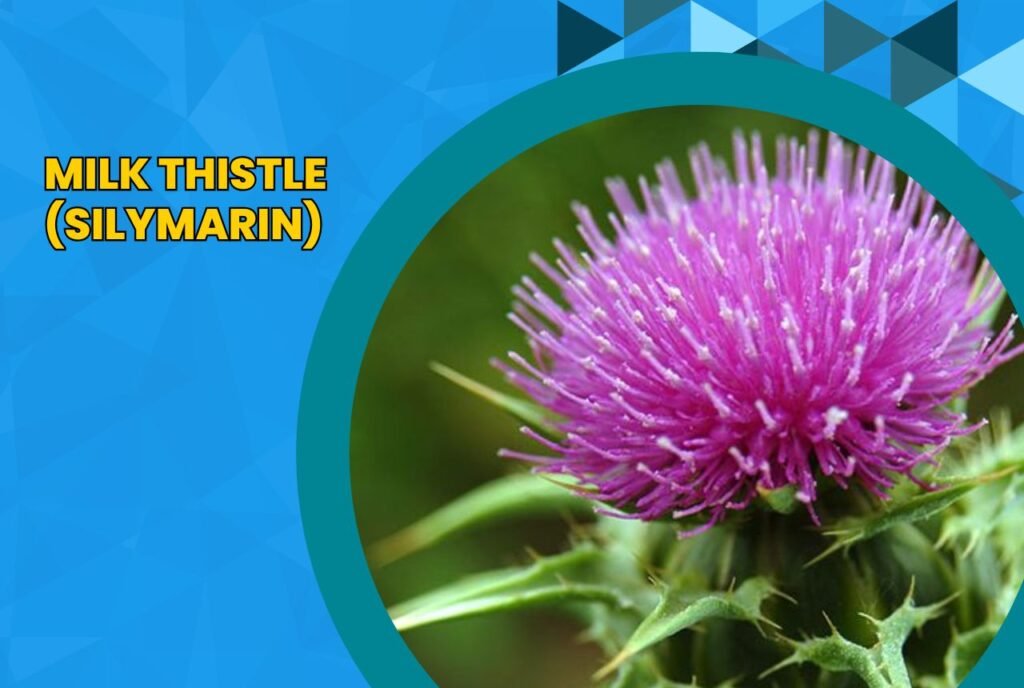
Available as tea, capsules, and tinctures, the recommended dosage usually ranges between 200–400 mg per day. Many NAFLD patients report improved liver function tests with consistent use.
2. Turmeric (Curcumin)
Turmeric’s key compound, curcumin, is a powerful anti-inflammatory and antioxidant. It helps lower liver fat accumulation and reduces oxidative stress markers. Pairing turmeric with black pepper (piperine) enhances curcumin absorption dramatically.
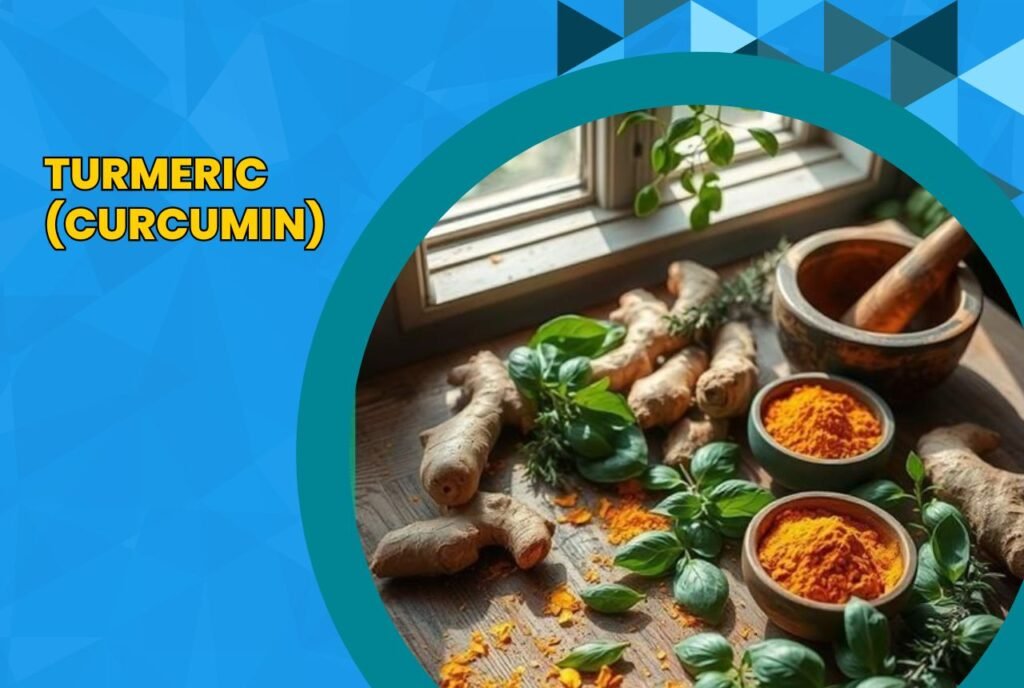
According to 2025 research, curcumin supplementation shows significant promise in improving liver histology in NAFLD patients. Daily doses between 500–1000 mg are commonly used in studies.
3. Green Tea Extract
Green tea is rich in catechins, which reduce liver fat and improve insulin sensitivity. It also supports weight loss, a critical factor in NAFLD management.
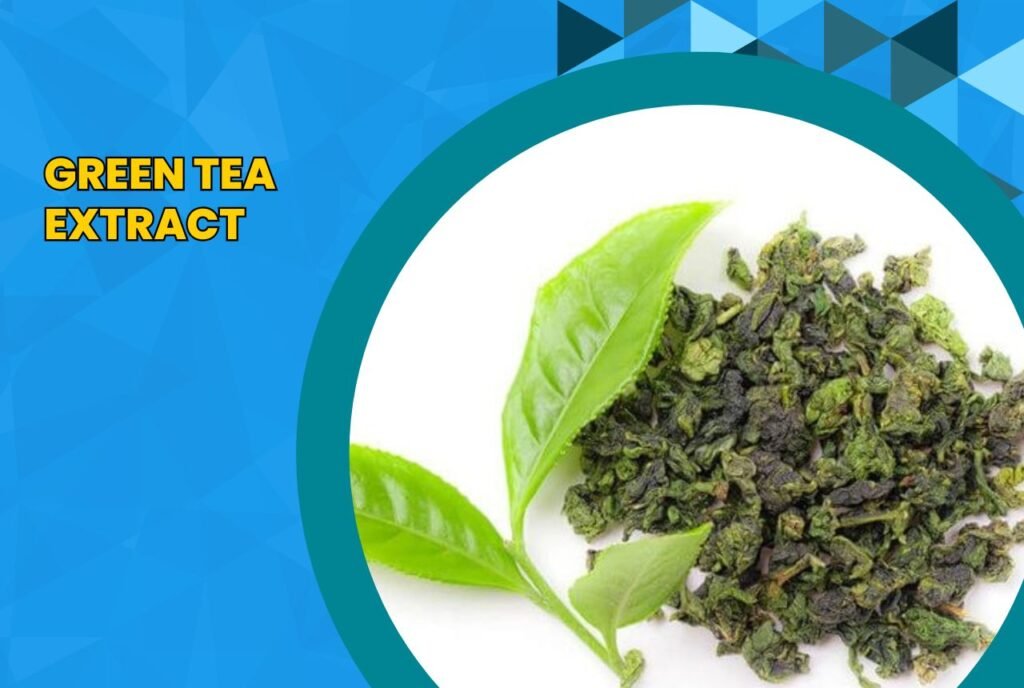
For liver benefits, consuming 2–3 cups daily or standardized extract (250–500 mg catechins) is recommended. Recent trials show improvement in liver fat content and enzyme levels among regular users.
4. Dandelion Root
Used traditionally for liver detox, dandelion root stimulates bile flow, aiding fat digestion and metabolism. It can be consumed as a tea, tincture, or capsule.
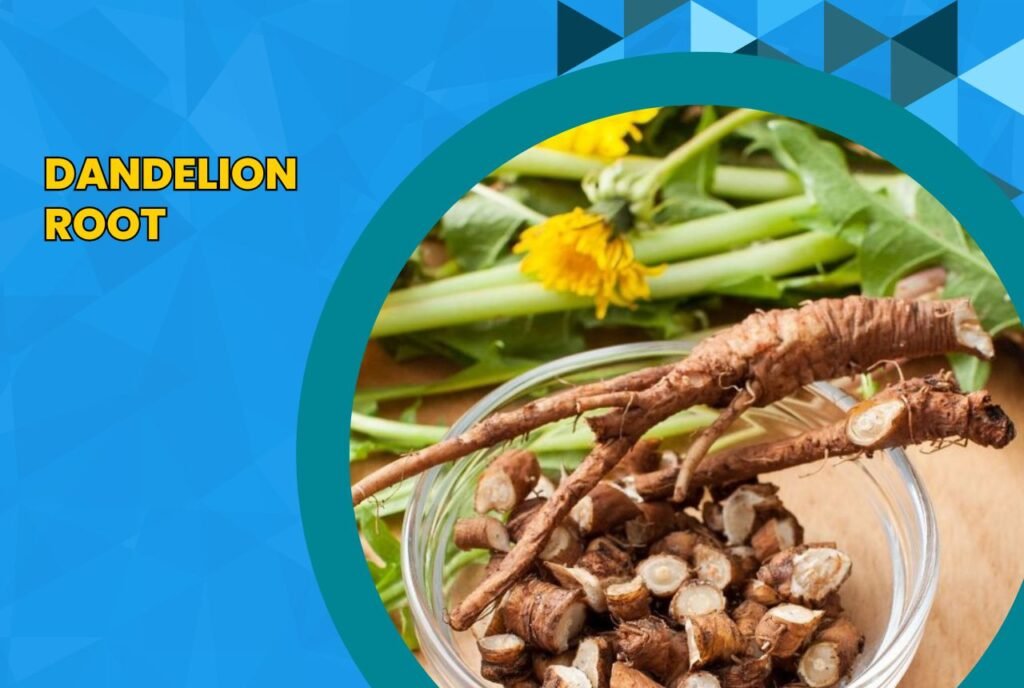
The recommended dose is 2–8 grams of dried root daily. Studies support its potential in reducing liver congestion and fat accumulation, making it a valuable herb for NAFLD.
5. Ginseng
Ginseng’s adaptogenic effects help the body manage stress while reducing inflammation. It boosts energy, improves metabolism, and supports liver function.
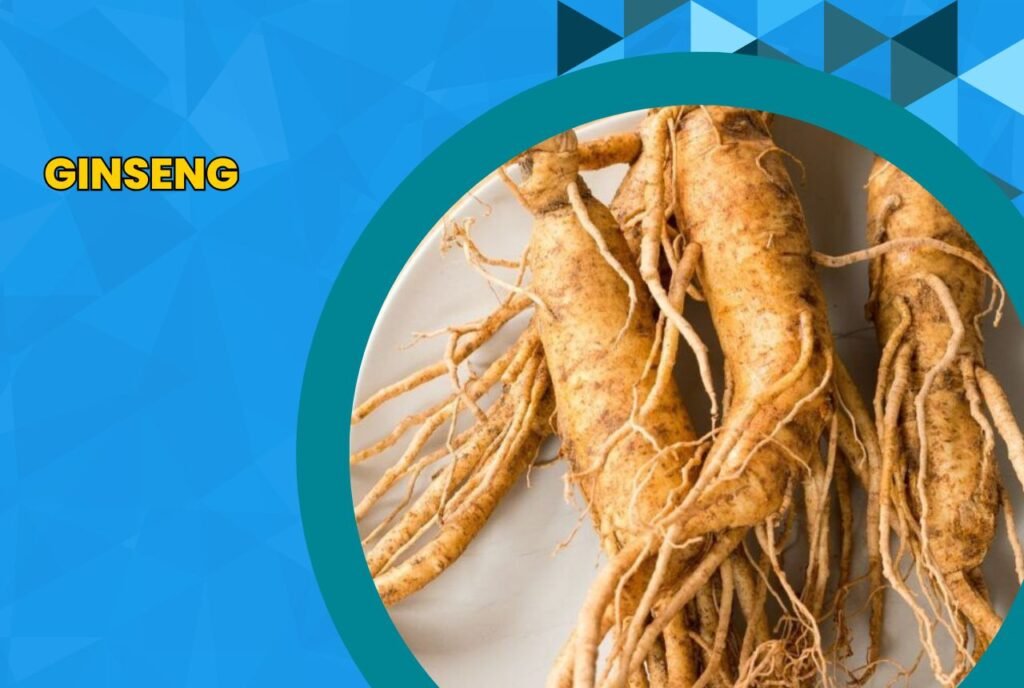
Panax and American ginseng are most widely studied. A 2025 clinical trial showed improved liver enzyme profiles in NAFLD patients using ginseng supplements at 200–400 mg daily.
6. Licorice Root
Licorice root contains glycyrrhizin, which offers anti-inflammatory and liver-protective benefits. It helps reduce liver damage from toxins and oxidative stress.
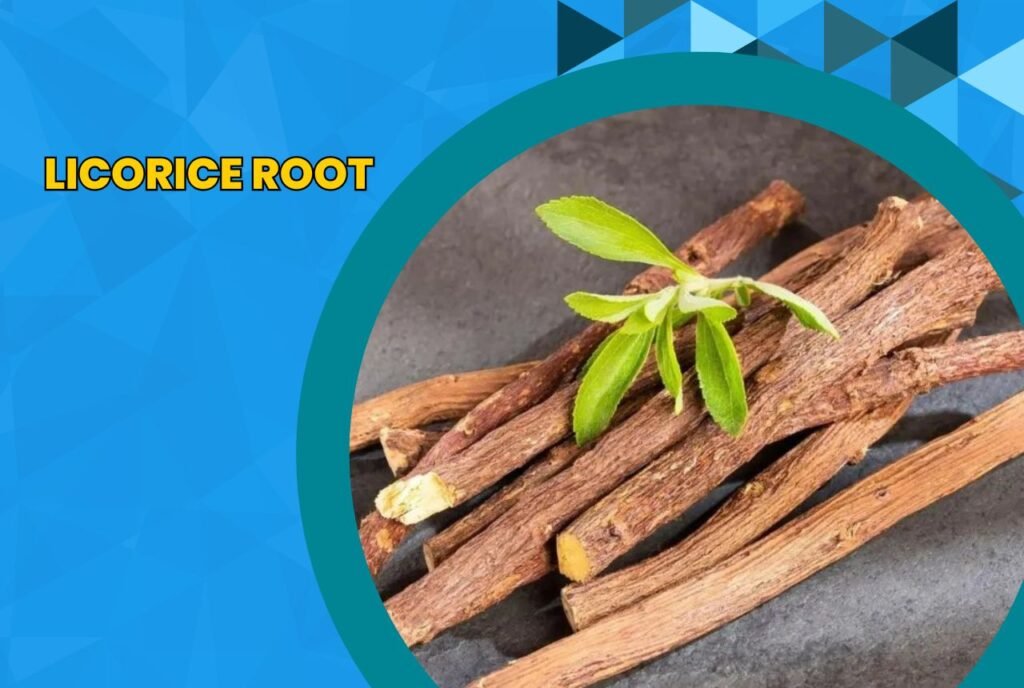
However, caution is needed due to its impact on blood pressure. Deglycyrrhizinated licorice (DGL) is a safer option. Doses of 100–200 mg daily are commonly recommended in liver health protocols.
7. Ginger
Ginger’s anti-inflammatory and digestive benefits make it a natural support for liver function. It reduces liver fat and supports bile production.
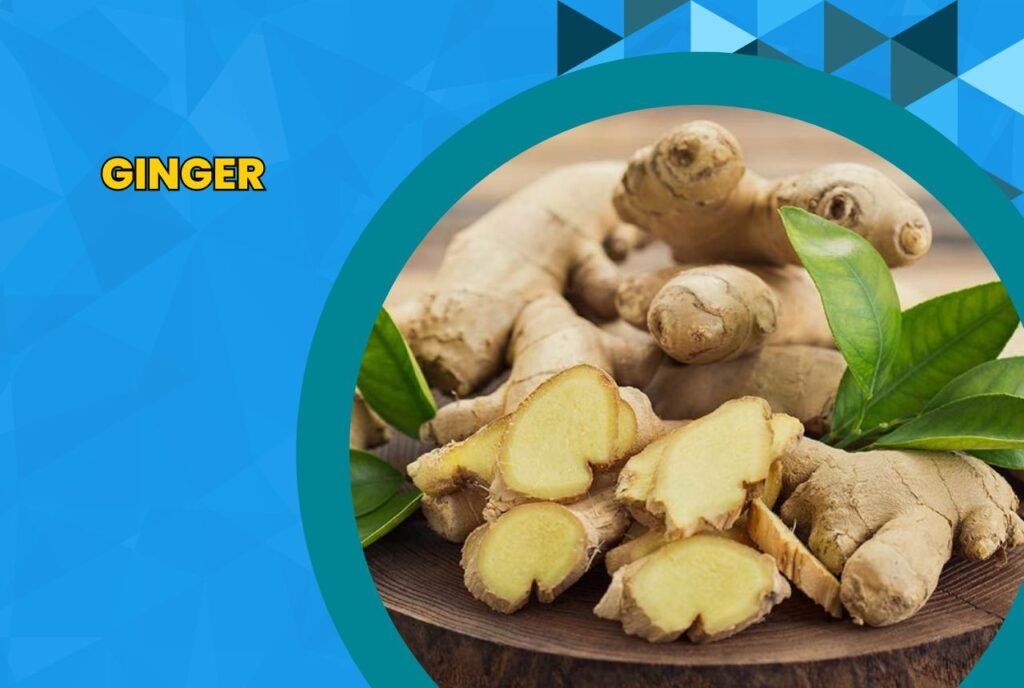
Incorporate fresh ginger in meals or take supplements (500–1000 mg daily). Studies show notable improvement in liver enzymes and lipid profiles in NAFLD patients consuming ginger regularly.
8. Astragalus
Astragalus is valued in traditional Chinese medicine for immune support and liver regeneration. It helps reduce stress-induced liver damage and promotes tissue repair.
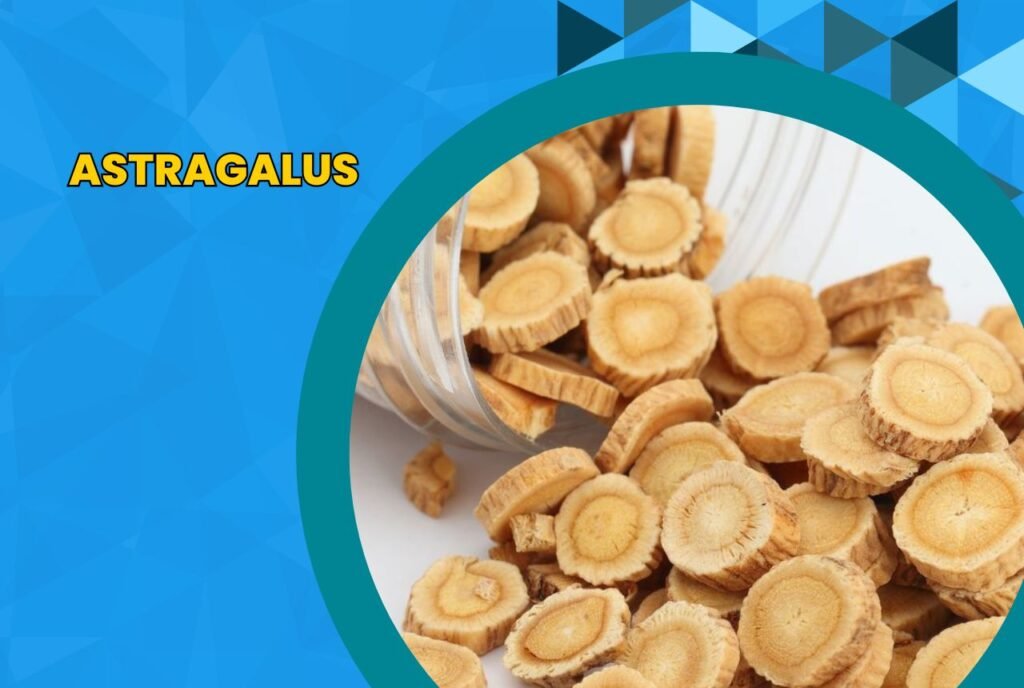
Recent studies validate its efficacy in managing NAFLD by enhancing antioxidant defenses and reducing inflammation. Doses range from 250–500 mg per day in capsule or extract form.
How to Incorporate These Herbs Into Your NAFLD Management Plan
Introducing herbs into your NAFLD routine should be done cautiously and under expert guidance. Dr. Borkakoty recommends starting with one or two herbs and monitoring liver function over time. Combining herbs like milk thistle and turmeric can offer synergistic benefits due to their complementary mechanisms.
Formulate a balanced herbal protocol based on your condition, age, and lifestyle. Herbal teas, standardized supplements, and tinctures are all effective methods. Patience and consistency are key—herbs typically take several weeks to show measurable results.
Regular check-ins with your liver specialist can ensure you’re on the right path while avoiding potential risks.
Lifestyle Changes to Enhance the Effectiveness of Herbal Remedies
To maximize the effects of herbal remedies:
- Adopt a liver-friendly diet rich in fruits, vegetables, whole grains, and healthy fats
- Engage in at least 150 minutes of moderate exercise weekly
- Manage stress with mindfulness, meditation, or yoga
- Stay well-hydrated (aim for 2–3 liters per day)
- Prioritize quality sleep for liver repair and metabolic balance
Precautions and Potential Interactions
Always consult specialists like Dr. Amritangsu Borkakoty before starting any herbal supplement—especially if you’re on medications or managing chronic conditions. Some herbs may interact with drugs for diabetes, blood pressure, or cholesterol.
Pregnant or breastfeeding women and people with autoimmune disorders should exercise caution. Watch for symptoms like allergic reactions, dizziness, or digestive upset, which may indicate intolerance.
Choose high-quality, certified supplements from trusted sources to ensure purity and potency.
Wrapping Up
The best herbal remedies for NAFLD—including milk thistle, turmeric, green tea extract, and more—offer natural support in managing fatty liver disease. By reducing inflammation, improving metabolism, and protecting liver cells, these herbs form an essential part of a holistic care plan.
Dr. Amritangsu Borkakoty emphasizes the value of integrating herbal treatments with medical oversight for optimal outcomes. With the right guidance and lifestyle support, herbal remedies can significantly improve your liver health.
Take the first step today—speak to a qualified liver specialist and explore natural pathways to better liver wellness.
Recent Posts
- Early Symptoms of Liver Damage: How to Spot the First Warning Signs Before It’s Too Late
- Best Treatment for Hepatitis B and C: Your Complete Guide to Symptoms, Care, and Prevention
- How to Reduce Liver Inflammation Fast: 5 Proven Tips for Rapid Liver Recovery
- Why You Shouldn’t Ignore NAFLD: 5 Shocking Health Risks You Need to Know
- Nutrient Rich Food for Liver: 6 Powerful Foods That Transform Liver Health


